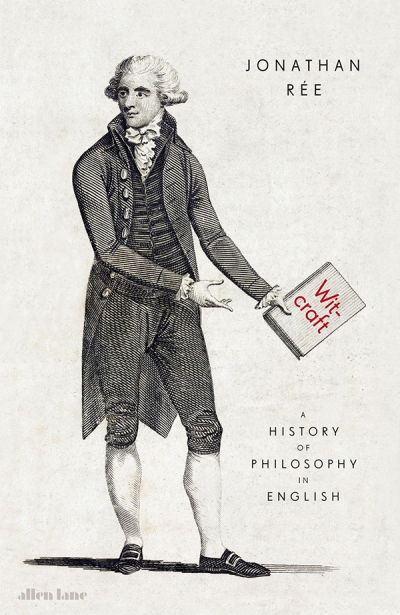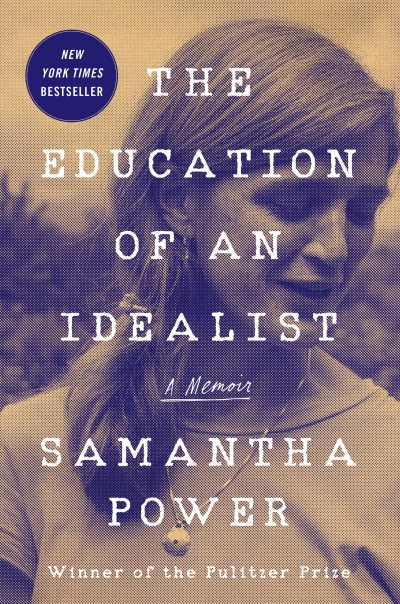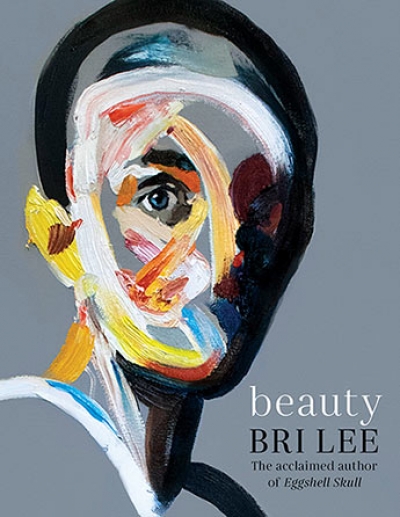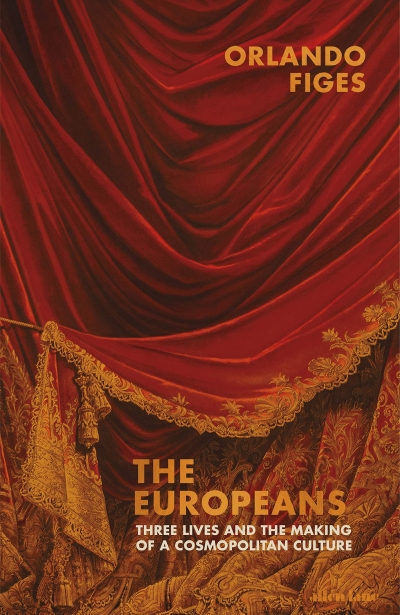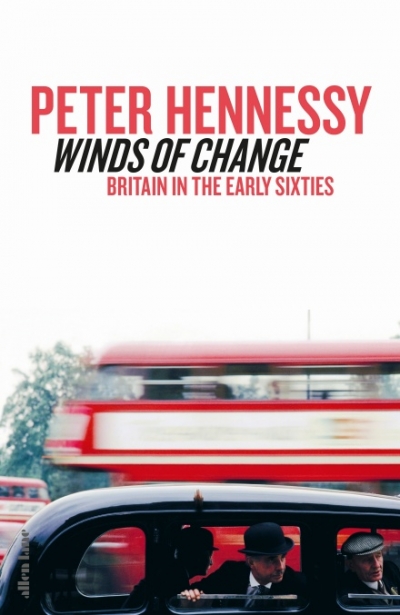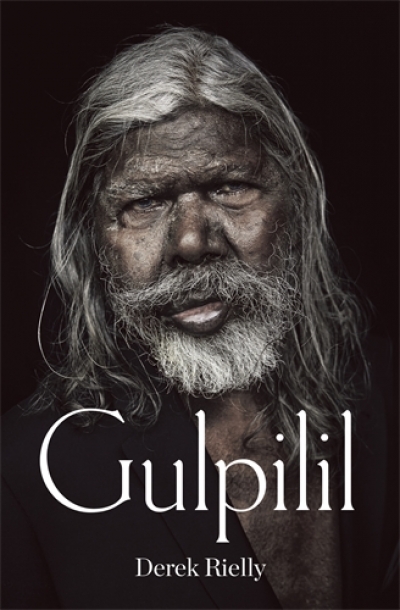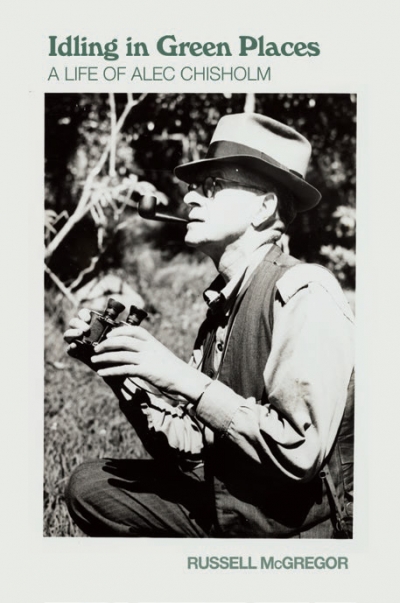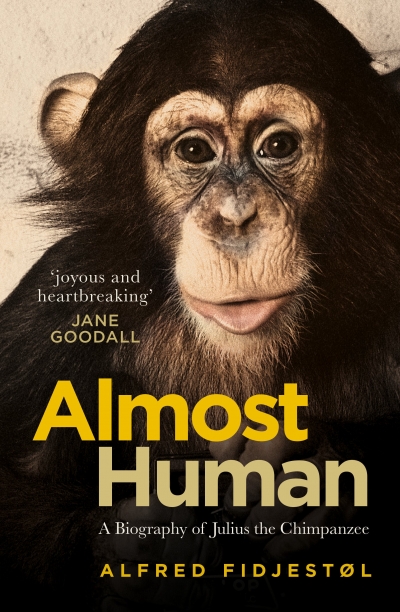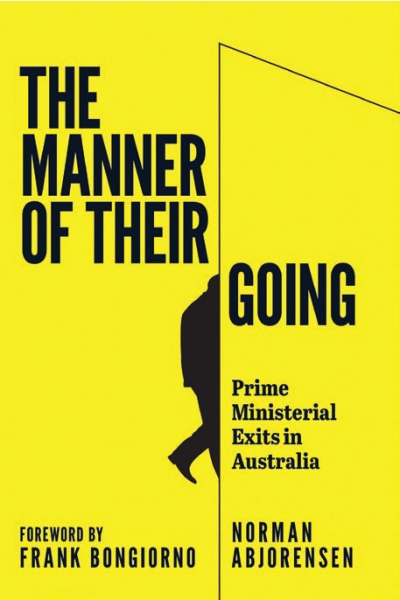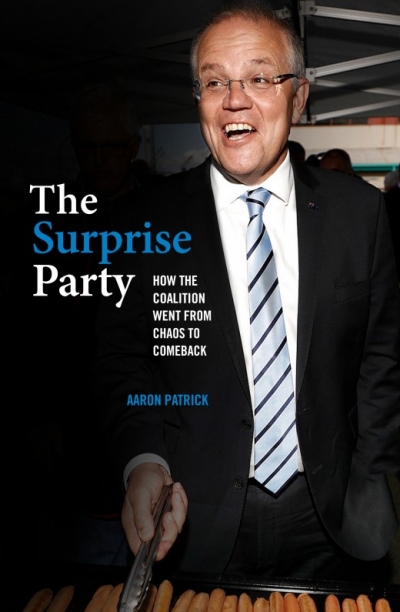Non Fiction
Witcraft: The invention of philosophy in English by Jonathan Rée
by Janna Thompson •
The Education of an Idealist: A memoir by Samantha Power
by Varun Ghosh •
The Europeans: Three lives and the making of a cosmopolitan culture by Orlando Figes
by Michael Shmith •
Winds of Change: Britain in the early sixties by Peter Hennessy
by Glyn Davis •
Idling in Green Places: A life of Alec Chisholm by Russell McGregor
by Danielle Clode •
Almost Human: A biography of Julius the chimpanzee by Alfred Fidjestøl
by Nicholas Bugeja •
The Manner of Their Going: Prime ministerial exits in Australia by Norman Abjorensen
by Lyndon Megarrity •

